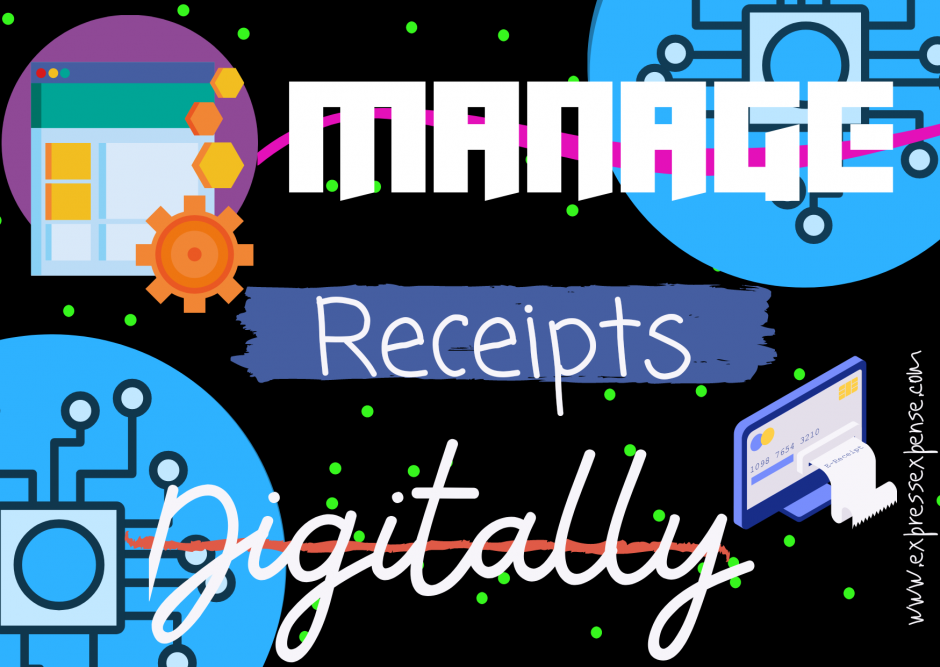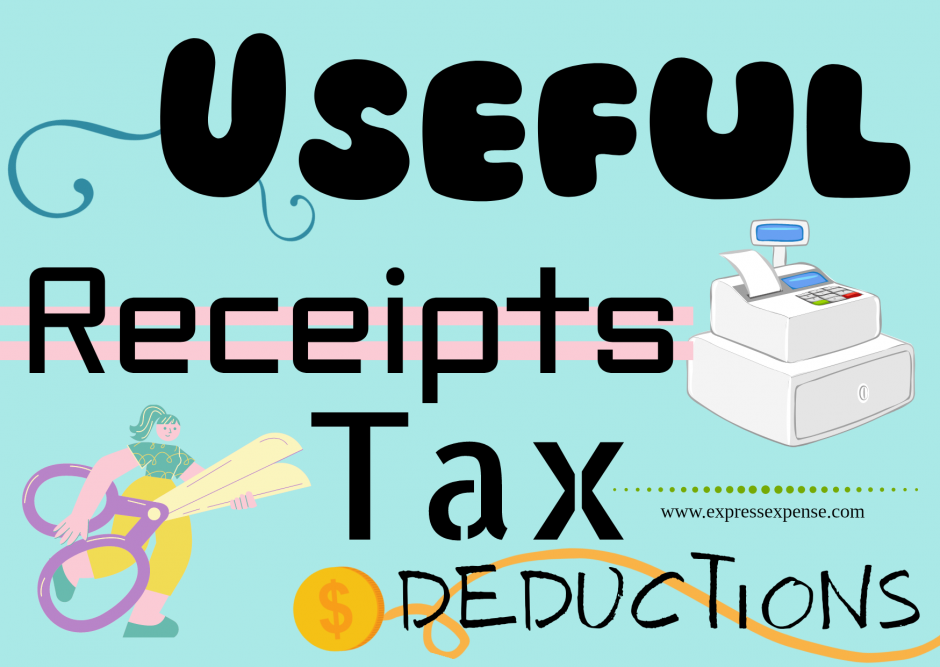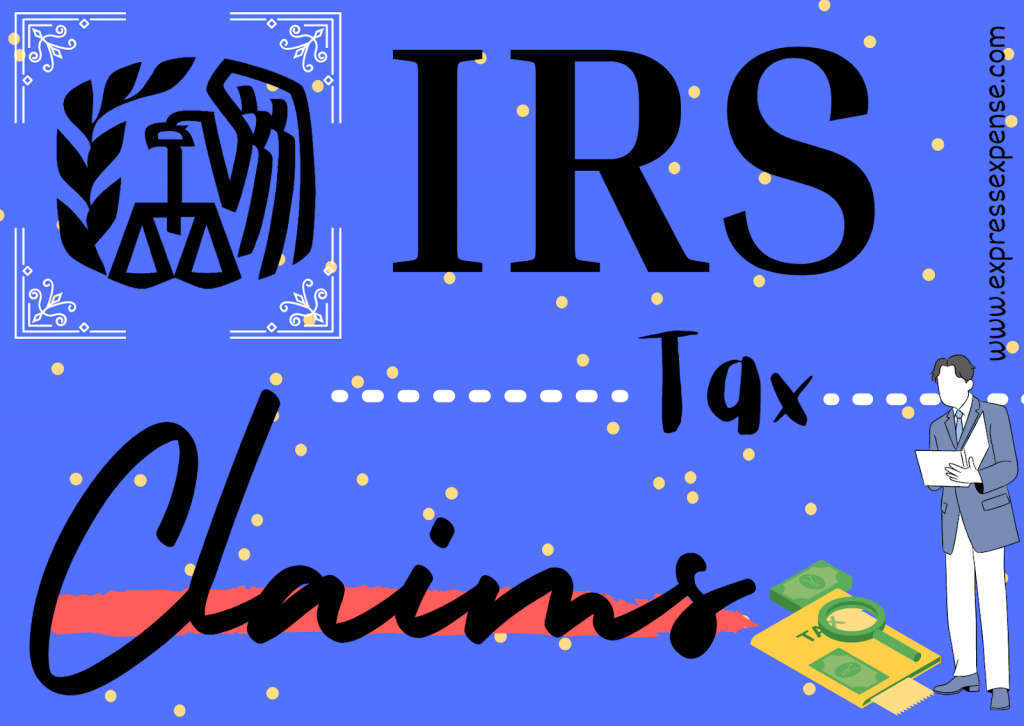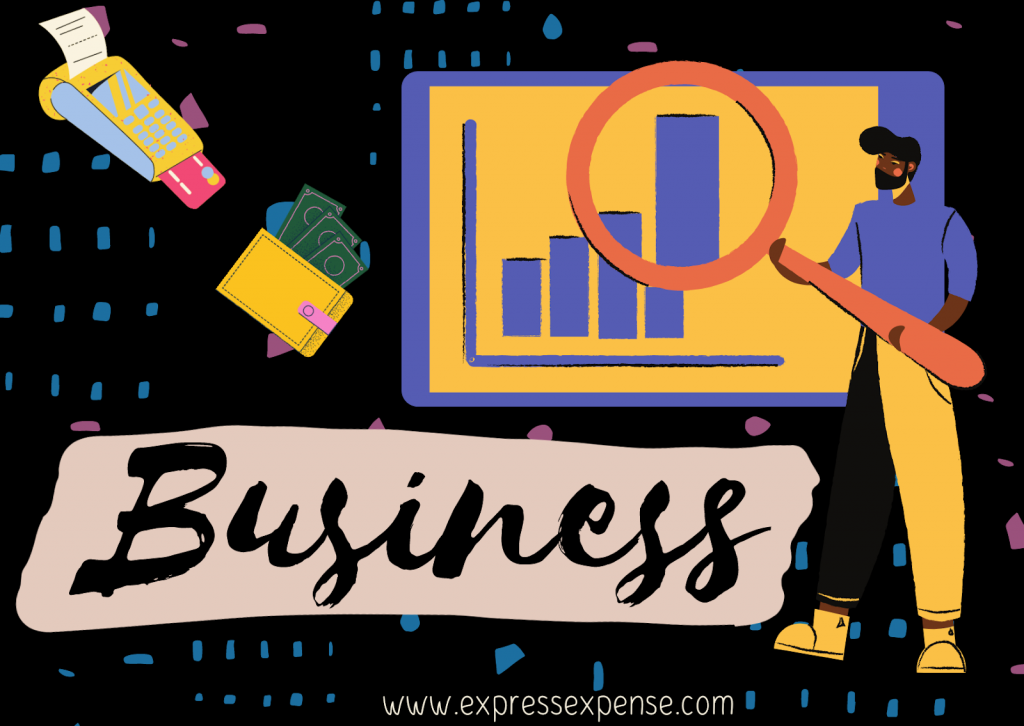KEEP all receipts!
This is not overstated but, yes, receipts are proof. If you know the art of keeping receipts and you are a business owner with a prepared set of books then you are doing the right thing as a taxpayer and you are possible to win a tax audit. Aside from audit protection, you will know how much money you are spending and you get to monitor unnecessary expenses that you might not want to buy any more to save thousands of money.
Receipt management makes better also by modifying your customer paper receipts into digital receipts same with your receipt expenses to save long hours in hunting receipts information from your filing cabinets. Organizing receipts digitally is quicker than a normal way of putting everything in folders and labeling them by years and months so as not to get confused when you want to look for specific files. Entering the digital age is just a better idea. Being more competitive in your chosen industry and flexible to changes helps to improve the accuracy of your finances and keep track of your expenses.

Running digitally is much faster and convenient. Receipt management by using an online receipt generator lets you track your sales, purchase order, expenses, and even your payroll expenses if you want. Data stored on the system, which makes it easier to navigate and is accessible anytime. If you are a busy business owner you can work or check everything with one click even if you are on a trip or at home. The system is easy to use and can be performed within minutes. You get to provide excellent customer service and 24/7 support available if you’re running round-the-clock service to your customers.

Grouping expense receipts by category makes the work faster including report generation. If you just need tax-deductible expense receipts, look for those receipts and the rest are likely to be deductible. Easy to find and saves so much time that you can dedicate more to being productive at work. Organizing digitally is a lot simpler than filing paper receipts. The Useful Receipts for Tax Deductions will give you more tips on what are legitimate deductions valid for tax claims.
The digital service can both navigate by using a laptop, or mobile phone. It is a handy method for record management and you do not need any storage space in your office because everything is accessible.
There are times that when a customer returns or exchange items and no paper receipts to present because he lost them, cannot accept the fact that receipts are mandatory to present as per merchant or company rules. There are even occasional customers who get angry with the staff or cashier and want them to be fired knowing it’s not even the employee’s fault. That is one painful and stressful scenario because they want more than they are entitled to. You can prevent this from happening by using an online receipt maker and customers’ receipts are stored on their phones.
As a business owner, you do not want your business to be jeopardized because of your poor receipt management strategy. Be IRS compliant and to your customers and everything will run smoothly.




